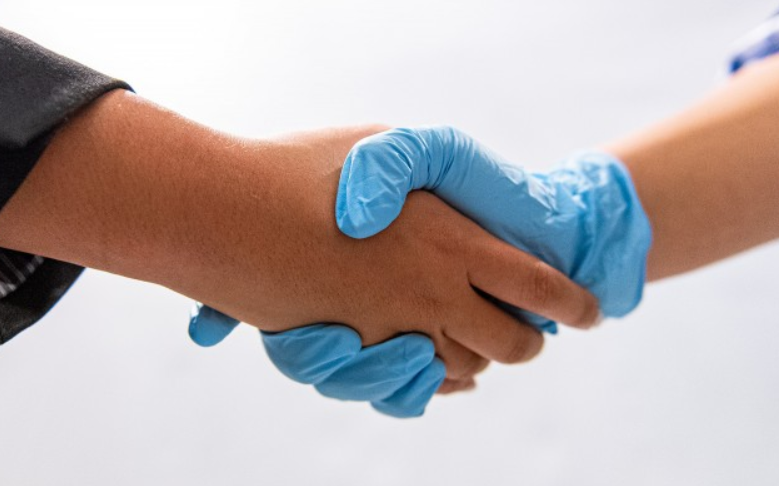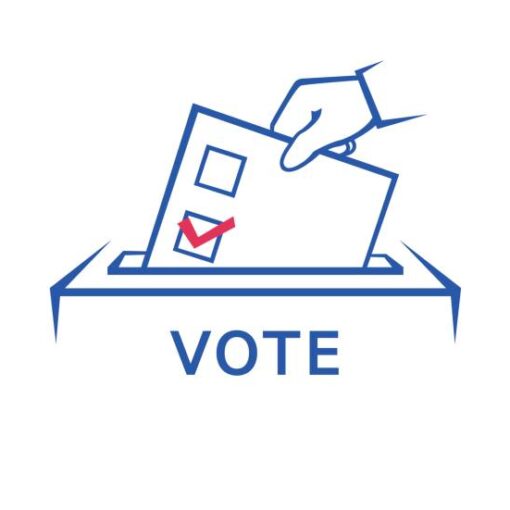Drug Companies’ Payments to Doctors
If you have ever encountered a doctor writing a prescription for an expense drug when a less expensive drug was available, the reason might be that the doctor was receiving money from the pharmaceutical company for promotional talks and consulting.
ProPublica, an independent, nonprofit newsroom that produces investigative journalism, found that roughly more than 600,000 doctors received payments from drug makers and medical device companies in any given year 2014 – 2018. More than 2,500 physicians have received at least half a million dollars apiece in the past five years alone. More than 700 of those doctors received at least $1 million in the same period.
In 2013, ProPublica reported on an in depth investigation of the pharmaceutical industry’s drive to influence prescription writing. Six years later and such earnings by certain doctors have become commonplace despite scrutiny from prosecutors and academics.
Each year from 2014 to 2018, drug and medical device companies spent between $2.1 billion and $2.2 billion to pay doctors for speaking and consulting, as well as on meals, travel and gifts for them, ProPublica found. (These figures do not include research spending, but they do include royalties.)
Of the top 20 drugs with the most annual spending on doctors from 2014 to 2018, six made the list in each of the years: Invokana to treat type 2 diabetes; the blood thinners Xarelto and Eliquis; the antipsychotic Latuda; the immunosuppressive drug Humira, and the multiple sclerosis drug Aubagio. Another three drugs were on the list for four years: Victoza to treat type 2 diabetes; psoriasis treatment Otezla, and the cholesterol-lowering drug Repatha. Xarelto topped the list in spending for four years, totaling more than $123 million in payments from 2014 to 2018.
ProPublica noted there is a perception among many physicians, including some in academia, that drug company payments are fairly benign — a moonlighting gig that educates other doctors about important medications. But since ProPublica began looking at physician payments, one drug maker after another has paid tens, or even hundreds, of millions of dollars to resolve allegations of improper, or illegal, marketing tactics.
News Source: National Retiree Legislative Network





